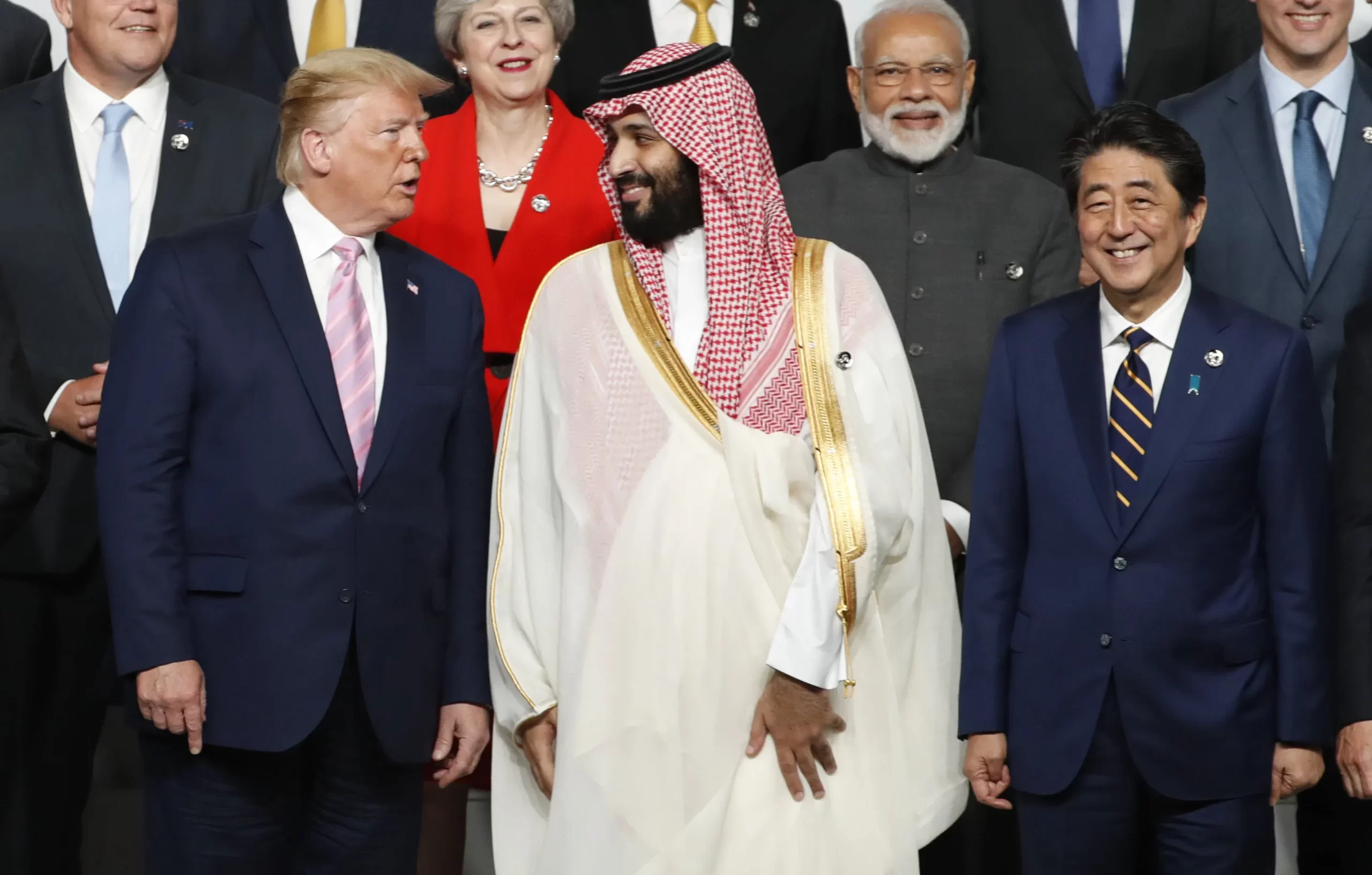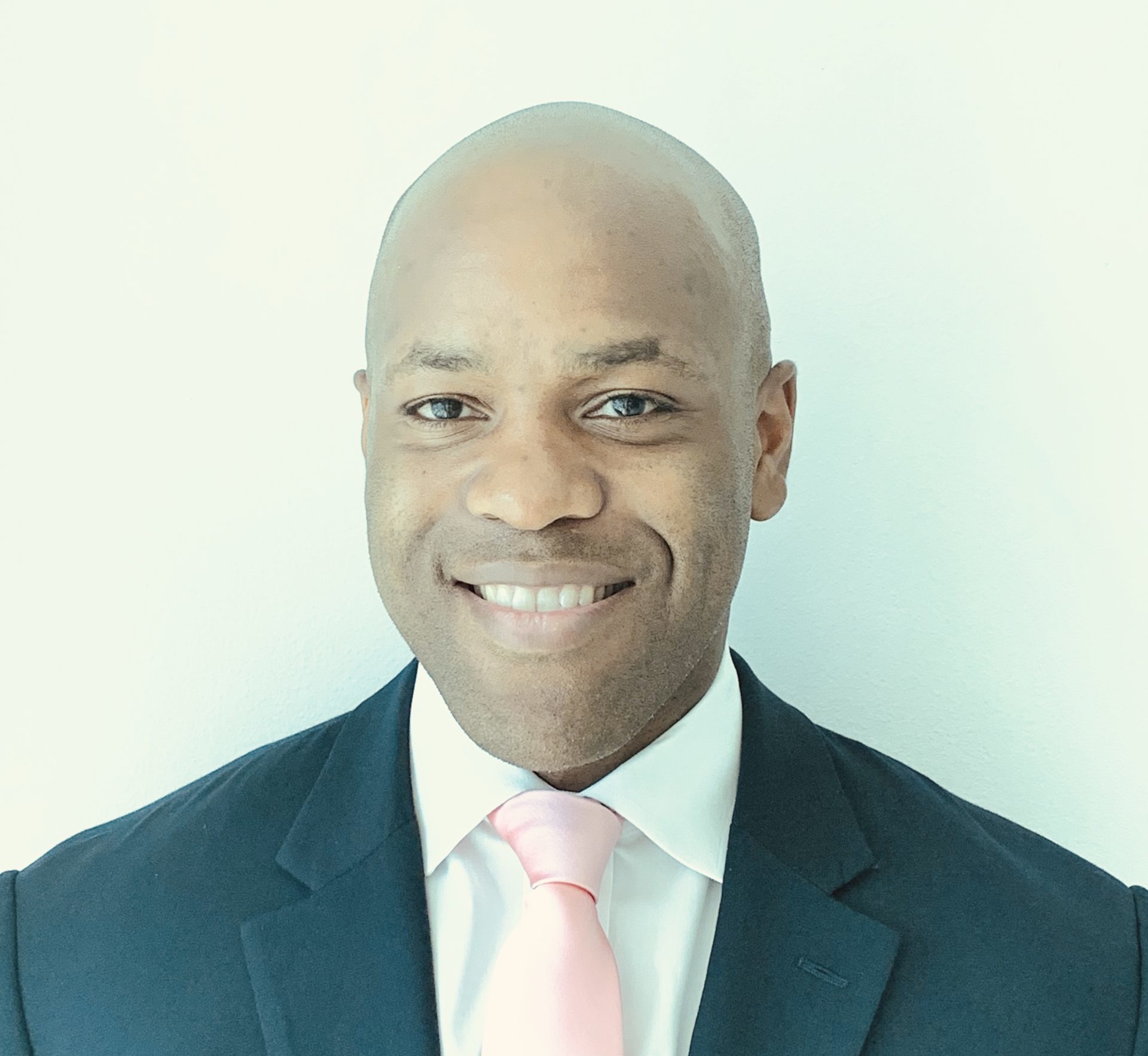
As Donald Trump heads back to the White House, leaders across the Middle East anticipate the revival of a pragmatic partnership centered on economic growth, security, and regional stability. Trump’s first term resonated with Gulf leaders and beyond, emphasizing results over ideology—a stark contrast to the Biden administration. His tenure’s signature accomplishments, including the Abraham Accords, a robust stance on Iran, and business-driven diplomacy, are seen as a roadmap for renewed progress in the region.
Building on the Abraham Accords
The Abraham Accords stand as one of Trump’s most consequential achievements, normalizing relations between Israel and several Arab nations, including the UAE and Bahrain. This pragmatic framework, which prioritized shared economic and security interests, fostered a historic breakthrough in Middle Eastern diplomacy. The accords have catalyzed tangible cooperation, from Israeli tech collaborations in Abu Dhabi to thriving tourism between Tel Aviv and Dubai.
Many in the region see Trump’s return as a chance to expand this model. The ultimate prize? Saudi-Israeli normalization, which could reshape the geopolitical landscape. Regional leaders believe Trump’s approach offers the diplomatic finesse needed to overcome long-standing hurdles.
Renewed Pressure on Iran
Trump’s “maximum pressure” campaign against Iran won praise from regional allies who felt the Obama-era nuclear deal emboldened Tehran. By reimposing sanctions and withdrawing from the deal, Trump signalled a clear opposition to Iran’s nuclear ambitions and its network of proxies destabilizing the region.
Leaders in Saudi Arabia, the UAE, and Israel expect a second Trump term to bring a reinvigorated stance on Iran. With Iran reportedly ramping up its military budget, Trump’s allies anticipate a tougher, more decisive U.S. posture to counterbalance growing threats—a stark departure from what they see as Biden’s cautious engagement or, in some instances, negligent approach considering his support for the prison swap with Iran and the release of $6 billion of frozen assets deposited in a Qatari bank
Prioritizing Economic Partnerships
Trump’s foreign policy focused on mutual economic benefit, aligning seamlessly with Gulf nations’ modernization agendas, such as Saudi Arabia’s Vision 2030. His preference for direct investment over conditional aid resonated with regional leaders striving for diversified economies.
The presence of Saudi Arabia’s Public Investment Fund Governor Yasir Al-Rumayyan at a recent UFC fight with Trump signals the warm ties Middle Eastern economic architects maintain with the former president. Moreover, developments like Microsoft’s $1.5 billion investment in UAE-based AI initiatives underscore the burgeoning opportunities Trump’s business-first diplomacy could accelerate. It is speculated that the appointment of Mohammed Al Sowaidi, recently chief investment officer for Qatar Investment Authority (QIA) in the Americas, as QIA CEO was driven by a desire to get close to Trump and the U.S.
Targeted Counterterrorism
Trump’s counterterrorism strategy emphasized precision and avoided prolonged U.S. entanglements, gaining the respect of regional partners. His administration’s actions against ISIS demonstrated that the U.S. could achieve security goals without drawn-out military campaigns. Leaders in the Gulf favor this targeted approach, which supports regional stability while respecting sovereignty.
Trump’s “America First” policy in the region, though sometimes labelled isolationist, actually reinforced U.S. influence by focusing on core, shared objectives, aligning closely with the counterterrorism priorities of nations in the Gulf and beyond. Middle Eastern leaders expect that his return will continue this support for targeted counterterrorism efforts, which are crucial for regional stability.
A Realpolitik Over Ideology
While critics argue Trump’s policies sidelined U.S. moral authority, many Middle Eastern leaders viewed his approach as pragmatic. By focusing on shared goals and respecting regional priorities, Trump forged alliances grounded in mutual benefit rather than ideological alignment. His model of cooperation allowed nations to pursue their ambitions without external interference.
As Trump prepares for a second term, the question is not whether Middle Eastern leaders welcome his return—they do. Nor is it whether Middle Eastern leaders support his return—many will welcome it. The challenge lies in how swiftly his administration can build on past successes to meet the region’s evolving needs. For leaders from Riyadh to Tel Aviv, Trump’s pragmatic vision offers a renewed promise of stability and growth.
